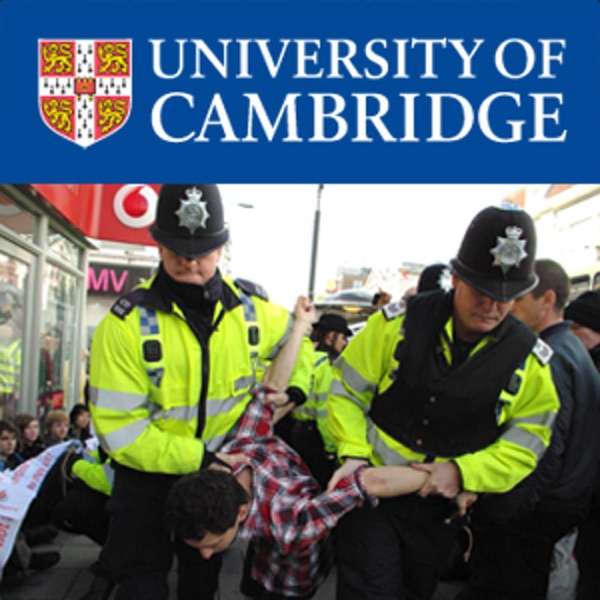Antonin Scalia, associate justice of the United States, spoke to a packed audience of more than 625 people on March 9, in the Caruso Auditorium at the School of Law.
The acclaimed Supreme Court justice spoke with School of Law dean Ken Starr on a variety of legal topics, including how the Court has changed over the years.
When asked why there have been many dissenting opinions in recent years, Scalia said, “I don’t mind there being dissents. On an issue of law, let’s say an issue of statutory construction, where we all agree on what the principles are, you can disagree on how much weight to give each aspect of one canon of interpretation versus another canon. But what is different about what has been happening for the last 30 years or so, is that we disagree on the fundamentals. We disagree on what we think we’re doing when we interpret the constitution. There are only two of us for sure on the Court who are originalists, who think the object of the exercise is to figure out what it was the American people agreed to as an exception from the principle of rights when they adopted the first amendment or fifth amendment.”
Scalia continued the discussion about orginalists versus “consequentialists,” who believe that the constitution is a living, ever-changing document. Scalia answered audience-submitted questions and spoke on the greatest justices-Marshall, Brandeis, and Jackson and his own written opinions.
Scalia was born in Trenton, New Jersey, March 11, 1936. He received his A.B. from Georgetown University and the University of Fribourg, Switzerland, and his LL.B. from Harvard Law School. President Reagan nominated him as an associate justice of the Supreme Court, and he took his seat September 26, 1986.

 Our TOPPODCAST Picks
Our TOPPODCAST Picks  Stay Connected
Stay Connected







